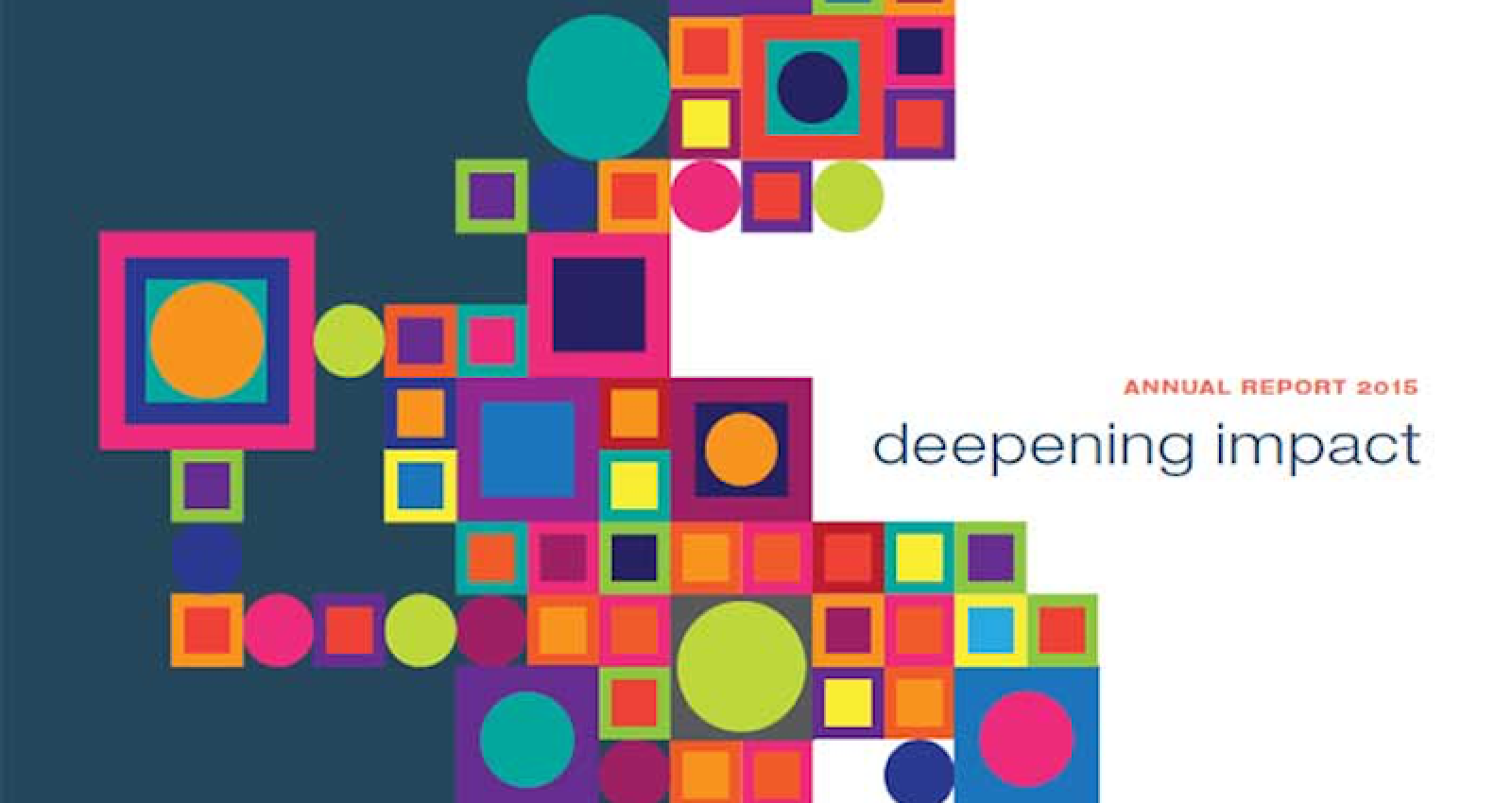Is the World Bank Group on course to meet the twin goals?
Underpinning the World Bank Group's strategic focus are the twin goals. How is IEG contributing to helping the World Bank Group stay on track?
Underpinning the World Bank Group's strategic focus are the twin goals. How is IEG contributing to helping the World Bank Group stay on track?
By: Caroline Heider
Earlier this month, the Independent Evaluation Group released its 2015 annual report, looking back at our operations over the twelve months ending June 2015. This year's IEG report is significant for many reasons, not least because it marks the first year since the World Bank Group launched its most far-reaching internal reorganization in recent years.
Also, this month, the WBG published its annual summary results. While it's too early to tell if the World Bank Group's changes are delivering satisfactorily, the FY15 results show that the World Bank Group remains a leading force in global development. Overall WBG total commitments for the year were $63.5 billion, up nearly 7 percent from the year before. In many countries and sectors, the World Bank Group continued to demonstrate its reach, relevance and impact.
Underpinning the World Bank Group's strategic focus are the twin goals: ending extreme poverty - reducing the share of the global population living in extreme poverty to 3 percent by the year 2030, and promoting shared prosperity - increasing the income of the bottom 40 percent of the population in each country - in a sustainable manner.
So is the World Bank Group on course to meet its goals? And how is IEG contributing to helping the World Bank Group stay on track?
In order to be effective, the WBG needs to better understand what works and the reasons why, and to draw lessons and good practices from experience. Independent evaluation is essential to helping the Bank Group learn from its operations and, thereby, accelerate its overall development effectiveness.
For IEG, this means becoming even more strategic in what we evaluate and how we engage with the Bank Group management and staff around the work that we do.
In FY15, IEG's major evaluations addressed, among other things, how the World Bank learns from its operations, and the extent to which the World Bank's country programs really focus on poverty. A major evaluation of the WBG's support to the electricity access stressed the urgent need for the WBG to adopt a new and transformative strategy to ensure that the goal of electricity access for all by 2030 is met. In the area of health and nutrition, IEG evaluation work highlighted the contribution of early childhood interventions in breaking the intergenerational transmission of poverty. Other evaluations focused on the themes of shared prosperity and inclusive growth, looking at issues such as the WBG's role in promoting financial inclusion and the impact of investment climate reforms. IEG's annual review of the WBG's performance (2014) shed new light on the link between the WBG's performance and project level work quality and results chain articulation. Last year's analysis of the World Bank's implementation completion reports showed a continuing downward trend in the share of projects with moderately satisfactory or better development outcome ratings. These findings are derived from the review of around 550 such completion reports; a record number for IEG, achieved due to increased efficiency and essential to ensure the robustness of findings.
Going forward, our new strategic engagement areas will give us a platform for a sustained dialogue with Bank Group Management to deepen the understanding of its development effectiveness.
Evaluations only matter if they are used. To this end, IEG upgraded the Management Action Record to increase our efficiency in following up with World Bank Group management on our recommendations. We tested and developed new methods to ensure that our evaluations maintain cutting-edge quality. We improved our process for validating Bank Group self-evaluation and ensured that our work is included in the Bank Group's Open Knowledge Repository. And we joined with other Bank Group staff in a community of practice focusing on results measurement and evidence - the Results Measurement and Evidence Stream.
Outside the operations of the World Bank Group, IEG continues to champion evaluation capacity development through several initiatives. In FY15, IEG chaired the Evaluation Cooperation Group, which brings together all the evaluation agencies of the international development agencies. IEG also continued to support capacity development at country level through its partnerships with the Centers for Learning on Evaluation and Results (CLEAR) and the International Program for Development Evaluation Training (IPDET). Over the years, IPDET has trained nearly 3,000 participants from 125 countries.
Looking forward, the recently released external review of IEG by an independent panel will provide further impetus for our continued renewal. IEG will continue to align our work with the World Bank Group strategic priorities. Two important evaluations in FY16 will provide early indications on the effectiveness of the World Bank Group's new delivery model and strategic direction.
To learn more about IEG's work, download the IEG 2015 Annual Report.

Add new comment